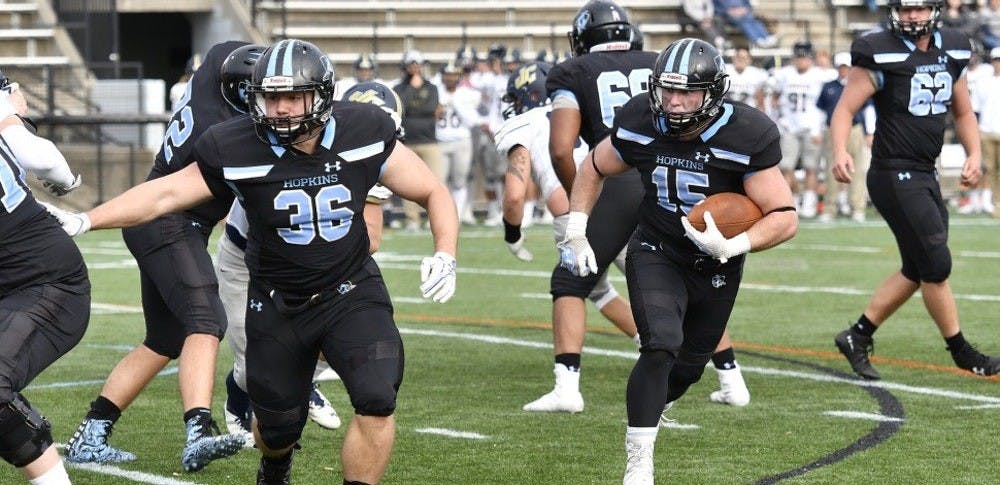The Opposing Viewpoints series is a space for students with diverse perspectives to answer pertinent questions in conversation with each other.
In college football, University of Alabama quarterback Tua Tagovailoa — the Heisman Trophy frontrunner who has his eyes set on delivering the school its second straight national championship — won’t make anything. No contract, commercials, shoe deals. Nada. The same goes for Duke University’s Zion Williamson, a generational basketball talent whose talents will fill Cameron Indoor Stadium night after night this upcoming season. You won’t see them starring in shoe commercials, jerseys with their names being sold on store racks or their names and likenesses being used in video games.
College athletes do not earn money because they are considered “student-athletes,” and their sports are effectively extracurricular activities. But when you are a cog in a billion-dollar industry, diminishing your participation in a sport by merely calling it an extracurricular activity seems a bit perplexing. These athletes are investing substantial time and putting their bodies on the line, and yet they reap no monetary benefits, no matter the magnificence of their performances or the extent of their popularity.
It’s not like anyone considers college coaches to be akin to an extracurricular activity club advisor. Tagovailoa’s head coach, Nick Saban, will make more than $8 million this season. At Duke, basketball coach Mike Krzyzewski earned nearly $9 million last season.
The lack of a formal system to distribute payments to college athletes has led to a fairly predictable consequence: under-the-table payments to lure athletes to specific schools during the recruiting process. This should not come as a surprise. The gap between college athletes’ worth and earnings has provoked actions intended to erase the inefficiency of the system.
And the exposure of such agreements and the ensuing scandals have become quite serious. In the latest college basketball scandal, should certain individuals be found guilty following an FBI investigation, they could potentially face prison time. If the NCAA makes changes to fix this flawed system, you will not see individuals going as far as breaking laws to pay athletes. They have only resorted to delinquency out of unnecessary desperation.
This past week, there was a development that could potentially change the landscape for top-tier basketball prospects. The G League announced an option for select players to play for $125,000 as an alternative to attending college for a year before declaring for the draft. This proposed option would be far from an ideal setup. Athletes would be better positioned to build their brand in a college environment that is saturated with national attention, rather than in a minor league team with a minuscule following. Additionally, it would only affect the paths of a select few players. These elite players would be making money because they chose an alternative to participating in college sports, but college athletes would still not be paid.
What would be an ideal would be an environment in which athletes can attend a school at which they are compensated their fair share for what is, for all intents and purposes, a job. An environment in which they can leverage their fame by signing endorsement deals and fans can purchase apparel inscribed with their names. An environment in which we finally admit that they are employees from whom schools derive value to increase their bottom lines. Until then, college athletics will be hindered by a flawed system that depreciates the very people it was built to facilitate and empower.
Daniel Landy is a senior studying International Studies, East Asian Studies and Accounting & Financial Management from Westport, Conn. He is a Sports Editor.





